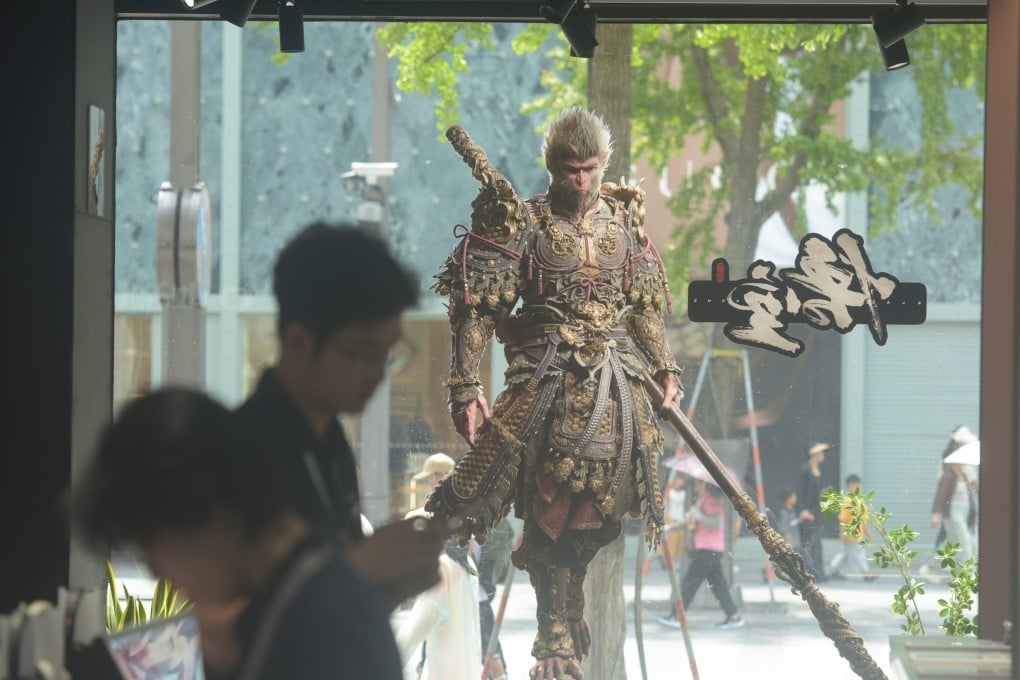My Take | Why China’s video gaming industry needs more titles like Black Myth: Wukong
- Wukong’s commercial and political success in China has boosted the country’s struggling video gaming industry

China has long had an uneasy relationship with video games.
But that tension magically dissolved with the arrival of Black Myth: Wukong, probably the most successful video game ever made in China. The so-called AAA title, which took “a lot of time, a lot of money and a lot of resources” to make, has not only been a huge success commercially, but also politically.
The government has many reasons to endorse Wukong. The game is, first of all, totally Chinese. Its plot is adapted from Journey to the West, one of the four greatest works of Chinese classic literature. Its central protagonist, the Monkey King, is a household name in the country. The game contains images of real Chinese temples and relics, and plays Chinese folk music in the background.
For many players, the game is an unprecedented digital masterpiece that is steeped in Chinese culture. Its popularity among overseas players has fanned hopes that the game could become a powerful tool for boosting China’s soft power on the global stage.
Wukong has broken long-standing norms in the domestic game industry.

